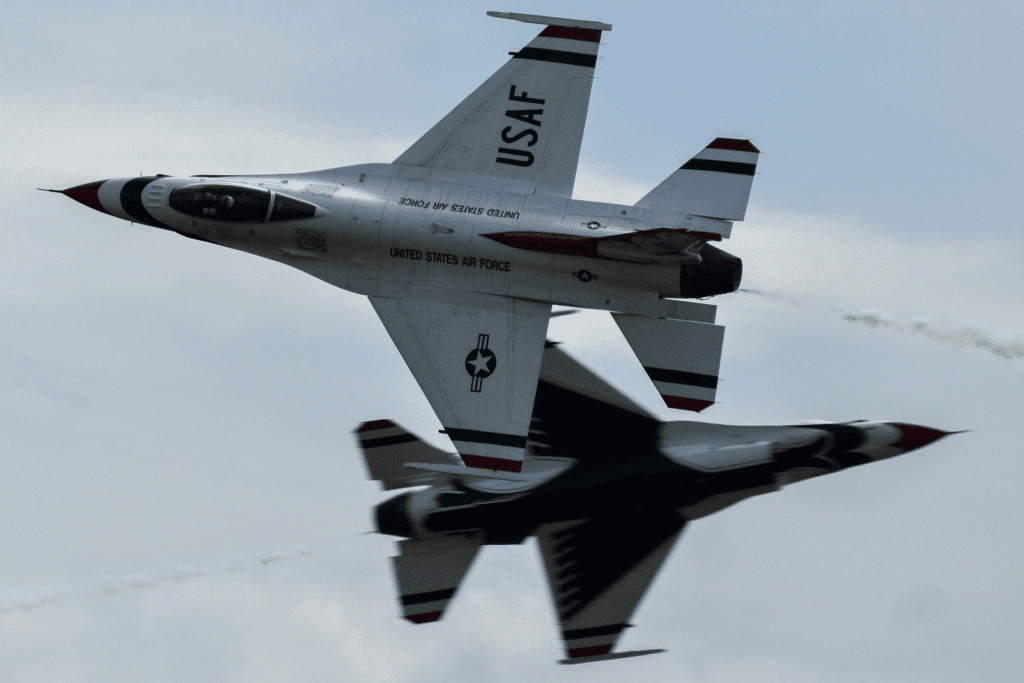The recent US military strikes on Iran’s nuclear facilities have sent shockwaves through global markets, leaving investors worried about rising oil prices and economic instability. President Donald Trump announced the attack, calling it a “spectacular military success” and claiming that Iran’s key nuclear sites were “completely and totally obliterated.” The sudden escalation in tensions has forced traders and analysts to prepare for a turbulent week ahead as markets reopen, with many expecting a sharp rise in oil prices and a rush toward safer investments like gold and US dollars.
As news of the airstrikes spread, financial experts warned that the conflict could push oil prices much higher, which would then drive up inflation. Higher inflation means everyday goods could become more expensive, hurting consumer spending and possibly delaying any cuts in interest rates by the Federal Reserve. Jack Ablin, chief investment officer at Cresset Capital, said, “This adds a complicated new layer of risk that we’ll have to consider and pay attention to. This is definitely going to have an impact on energy prices and potentially on inflation as well.”
Oil prices had already been climbing in recent weeks due to rising tensions in the Middle East. Brent crude, the global benchmark for oil, had surged by 18% since early June, reaching a five-month high before the US attack. Now, with direct American involvement in the conflict, analysts fear prices could skyrocket even further. Some predictions suggest that if the situation worsens—such as Iran cutting off its oil supply or blocking the Strait of Hormuz, a crucial passage for global oil shipments—prices could jump to $130 per barrel. Such a spike would push US inflation close to 6%, making it harder for the central bank to lower interest rates this year.

Mark Spindel, chief investment officer at Potomac River Capital, shared his concerns, saying, “I think the markets are going to be initially alarmed, and I think oil will open higher. We don’t have any damage assessment yet, and that will take some time. Even though the president has described this as ‘done,’ we’re engaged. What comes next?” The uncertainty surrounding Iran’s next move has left many investors nervous. If Iran retaliates, the conflict could drag on, keeping oil prices high and increasing market volatility.
However, not all experts believe the situation will spiral out of control. Jamie Cox, managing partner at Harris Financial Group, thinks that Iran may now be more willing to negotiate peace after losing its nuclear capabilities. “With this demonstration of force and total annihilation of its nuclear capabilities, they’ve lost all of their leverage and will likely hit the escape button to a peace deal,” Cox said. If Iran chooses diplomacy over further conflict, oil prices might stabilize after an initial spike.
Beyond oil, investors are also watching how the US dollar and stock markets will react. In times of global uncertainty, the dollar often strengthens as investors see it as a safe place to park their money. Stocks, on the other hand, could take a hit, especially companies that rely heavily on stable oil prices. Airlines, shipping firms, and other industries sensitive to fuel costs may see their shares drop if oil becomes too expensive.
The attack has also raised questions about how it will affect American consumers. If oil prices keep rising, gasoline could become more expensive, increasing the cost of travel and transportation. This would add pressure to household budgets, especially at a time when many families are already dealing with high living costs. The Federal Reserve has been trying to control inflation, but a new surge in oil prices could make their job even harder.
As the world waits to see how Iran responds, financial markets remain on edge. The coming days will be crucial in determining whether the conflict escalates further or if both sides move toward de-escalation. For now, investors are bracing for a rocky start to the trading week, with many preparing for sudden shifts in oil prices, currency values, and stock markets. The situation remains unpredictable, and until there is more clarity, markets are likely to stay volatile.
The US airstrikes mark a major turning point in the ongoing tensions between Washington and Tehran. While President Trump has framed the attack as a decisive victory, the economic consequences are still unfolding. Higher oil prices, inflation fears, and market instability are just some of the challenges that could emerge from this conflict. Investors, businesses, and ordinary consumers will all be watching closely to see what happens next.
In the meantime, financial experts advise caution. Markets hate uncertainty, and right now, there are too many unanswered questions. Will Iran retaliate? Will oil supplies be disrupted? How will inflation and interest rates be affected? These are the key concerns dominating discussions among traders and economists. Until the situation becomes clearer, the best strategy may be to stay prepared for sudden changes and avoid making rushed financial decisions.
The conflict between the US and Iran is not just a political or military issue—it has real economic consequences that could affect people worldwide. From higher gas prices to unstable stock markets, the ripple effects of this escalation will be felt far beyond the Middle East. As the world watches and waits, one thing is certain: the coming days will be critical in shaping the global economic outlook for the rest of the year.








